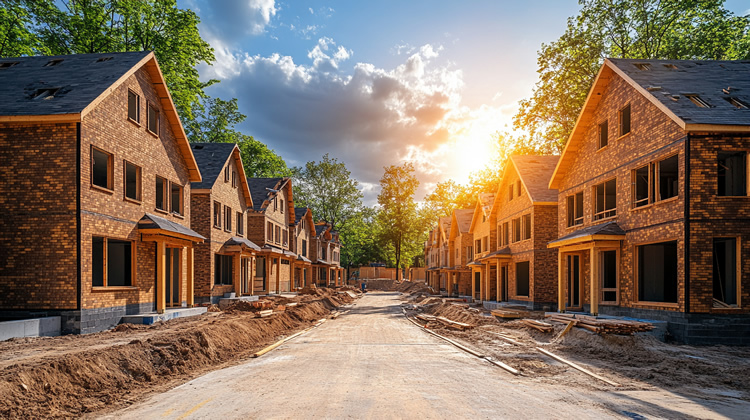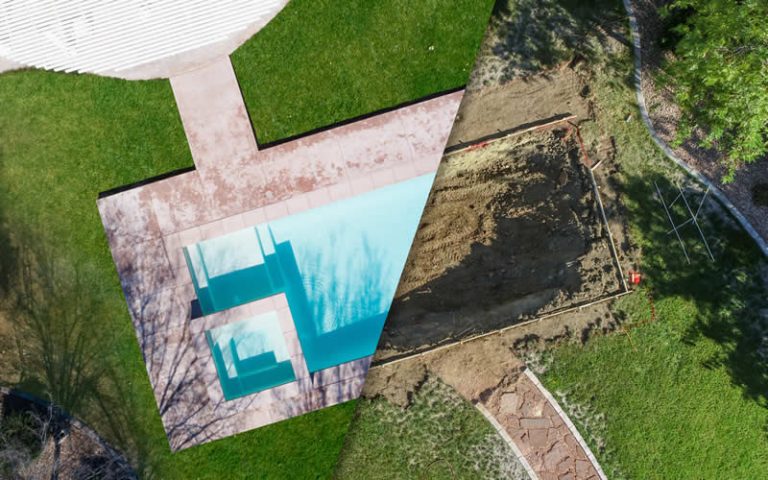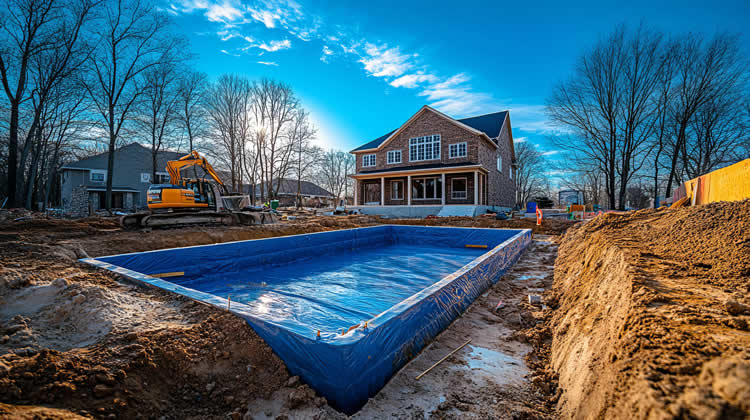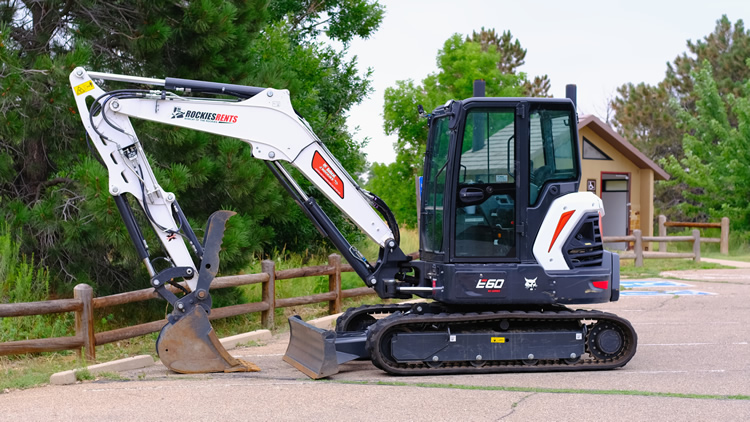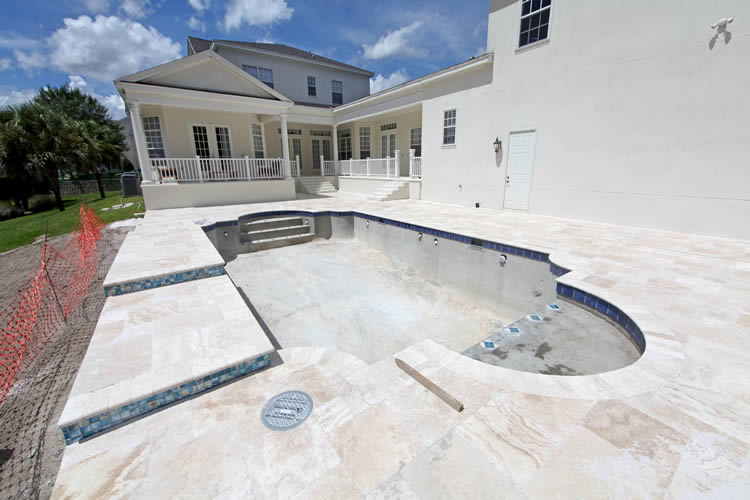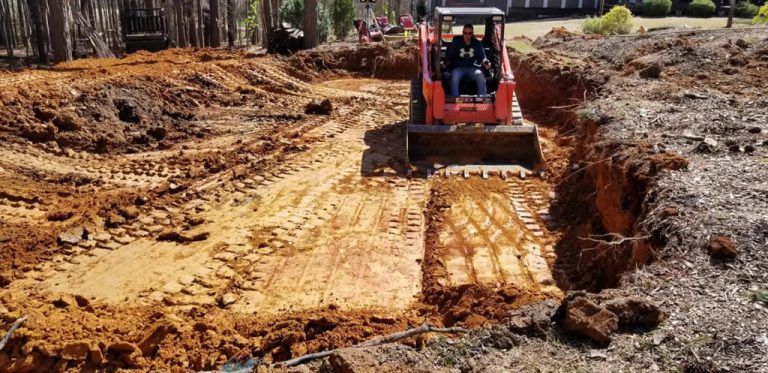Financing a Pool: What Georgia Homeowners Should Know Before Borrowing
Adding a pool is one of those big-ticket dreams that feels both exciting and a little intimidating. You picture summer afternoons with the kids splashing around, but then reality hits — how am I actually going to pay for this thing?
Here’s the good news: financing a pool isn’t as complicated as it sounds once you understand your options. The trick is knowing which route makes sense for your budget, your home, and your long-term goals.
Why Financing a Pool Feels Different From Other Home Projects
A pool isn’t like a kitchen remodel or a new roof. Those things are easier for lenders to value because they’re part of your home’s structure. A pool, on the other hand, sits somewhere between “luxury” and “improvement.”
That means lenders evaluate it differently. Some see it as adding property value; others treat it like a discretionary project. The result? Rates, terms, and approval criteria can vary wildly depending on which kind of loan you choose — and that’s exactly why understanding each option matters.
Common Ways to Finance a Pool
Let’s break down the most common routes homeowners in Georgia take when financing their pool.
1. Home Equity Line of Credit (HELOC)
A HELOC lets you borrow against the equity you’ve built in your home. It usually has variable interest rates and works a lot like a credit card — you draw funds as needed during construction, then repay over time.
Pros:
- Often the lowest interest rates available
- Flexible draw period
- May be tax-deductible
Cons:
- Your home is the collateral
- Rates can fluctuate
- Closing costs and appraisal fees may apply
HELOCs tend to work best for homeowners who already have significant equity and want flexibility during the construction phase.
2. Home Equity Loan
Unlike a HELOC, a home equity loan gives you a lump sum upfront with a fixed rate. That makes budgeting easier since you’ll know exactly what your monthly payments will be.
Pros:
- Fixed interest rate and payment
- Predictable schedule
- May offer longer repayment terms
Cons:
- Upfront closing costs
- Uses your home as collateral
If you’re confident in the project cost and prefer steady payments, this is often a reliable choice.
3. Personal Pool Loan (Unsecured)
These loans come from banks, credit unions, or pool financing companies. You don’t need home equity, but you’ll likely pay a higher interest rate because the loan isn’t secured by your property.
Pros:
- Fast approval
- No lien against your home
- Good for new homeowners without equity
Cons:
- Higher interest rates
- Shorter repayment periods
Online lenders like LightStream or local Georgia credit unions sometimes offer pool-specific personal loans. Just make sure to compare the annual percentage rate (APR), not just the advertised interest rate — fees can sneak in.
4. Cash-Out Refinance
If mortgage rates are favorable, some homeowners refinance their entire mortgage and take cash out for the pool project.
Pros:
- Potentially lower overall rate
- One loan instead of two
- Longer repayment term (20–30 years)
Cons:
- Higher closing costs
- Restarting your mortgage term
- More paperwork and processing time
This can make sense if your existing mortgage rate is significantly higher than what’s currently available.
How Credit and Timing Affect Your Options
Here’s something lenders rarely spell out: the strength of your credit profile doesn’t just affect approval — it shapes your loan type, interest rate, and even how much you can borrow.
A FICO score in the 700+ range opens up most favorable options, especially for HELOCs and unsecured personal loans. If your score’s lower, you may still qualify, but expect a higher rate or shorter term.
And don’t forget timing. Pool construction loans often work on a draw schedule, meaning the builder gets paid in phases — excavation, gunite, decking, final finish. Coordinating this with your lender prevents frustrating mid-project delays.
Estimating What You Can Comfortably Borrow
Let’s say your dream pool costs $80,000. A 10-year loan at 8% interest would run roughly $970 per month. But here’s the key — always think beyond the build.
You’ll have:
- Ongoing maintenance (chemicals, cleaning, repairs)
- Power and water usage
- Possible insurance adjustments
A good rule of thumb: keep total monthly pool-related costs under 10% of your disposable income. That way, the pool adds joy, not stress.
Avoiding Common Financing Mistakes
Even the savviest homeowners make mistakes when borrowing for big projects. Here are a few pitfalls worth sidestepping:
- Borrowing too little. Underestimating costs can trap you mid-build. Always pad your loan amount by 10–15% for unexpected issues (like rock excavation — Georgia clay hides surprises).
- Ignoring construction draws. Builders usually require milestone payments. Make sure your lender releases funds on schedule.
- Not locking your rate. Rates fluctuate; securing one early can save thousands.
- Skipping comparison shopping. Pool builders often have preferred lenders, but always get at least two outside quotes before signing anything.
Should You Use a Pool Builder’s Financing Partner?
Some pool companies partner with lenders that specialize in pool projects. The convenience is tempting — one application, instant approval, and direct payments to your builder.
But convenience isn’t always cheaper. Compare the total loan cost, not just the monthly payment. Ask if the partner lender charges prepayment penalties or higher fees hidden in “processing costs.”
Local banks and credit unions sometimes beat national pool finance companies, especially for established homeowners with strong credit.
The Georgia Angle: Local Considerations
Interest rates vary by region, but Georgia homeowners should also consider seasonal demand. Spring and early summer are peak pool-building times — and lenders know it. Applying in the off-season (late fall or winter) can sometimes get you faster approvals or small rate incentives.
Also, remember: property appraisers in Metro Atlanta and North Georgia often assign different value adjustments for pools depending on neighborhood norms. That means your lender’s appraisal might come in higher (or lower) than expected if nearby homes don’t have pools.
Frequently Asked Questions
Q: Can I include landscaping or a patio in the same pool loan?
Yes. Most lenders allow you to bundle outdoor living upgrades as long as they’re tied to the pool project. Just provide itemized contractor quotes.
Q: Is it smarter to pay cash if I can?
If paying cash doesn’t disrupt your emergency fund or retirement contributions, it’s ideal. But with rates still relatively moderate, many homeowners prefer to borrow part and keep liquidity.
Q: What’s the average pool loan rate right now?
As of late 2025, secured pool loans in Georgia typically range from 6%–9%, while unsecured personal loans hover closer to 10%–14%, depending on credit.
Closing Thoughts
Financing your pool shouldn’t feel like signing away your peace of mind. With a little research — and a lender that treats you like a person instead of a number — you can build the backyard you’ve been picturing for years without financial regret.
And if you’re still sorting through options or want a local builder who understands both the construction and the cost side, the team at My Aqua Fun Pools is here to help Atlanta-area families plan every step — from design sketches to the first cannonball.
Let’s Talk …
Let us take care of your Pool & landscape
At Aqua Fun, we don’t just build pools — we build relationships that last for seasons to come. Our team takes the time to understand your space, your needs, and how you actually use your backyard. Then we craft solutions that make every swim, soak, or gathering more enjoyable. It’s not about selling you more; it’s about helping you get it right.
If you’ve been thinking about improving, repairing, or re-imagining your pool, let’s talk. We’ll meet you where you are, explain your options clearly, and make sure the whole process feels simple and stress-free. That’s the Aqua Fun way — real people, real care, and results that speak for themselves.
Mon – Fri
8:00 – 6:00


